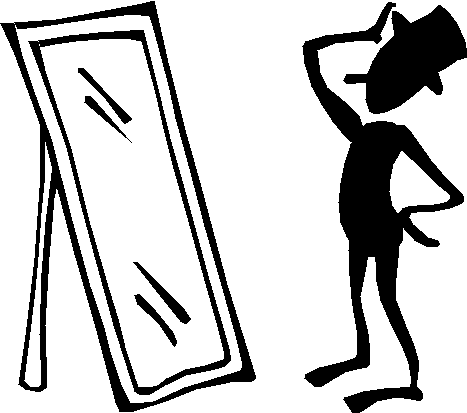Abstract
Authentic assessment focuses on the application of knowledge and skills in a creative manner. This departs from a traditional approach to assessment where students recall or apply information in a more standardized form. Authentic assessment allows students the opportunity to demonstrate their mastery of the course content while also encouraging...Download this resource to see full details. Download this resource to see full details.
Details
- Subject Area(s):
- Introduction to Sociology/Social Problems
- Resource Type(s):
- Assessment
- Class Level(s):
- Any Level
- Class Size(s):
- Any
Usage Notes
This assignment is appropriate for any class where you want students to reflect on their own learning. It might be especially helpful for classes that use inquiry-guided learning, service-learning, or experiential learning. This will help students connect those experiences to the student learning outcomes for the course. Students will likely need guidance...Download this resource to see full details. Download this resource to see full details.
Learning Goals and Assessments
Learning Goal(s):
- Students will assess their progress in meeting the learning objectives and outcomes for the course.
- Students will provide evidence of their own learning.
- Students will think reflectively about the learning process in this course.
Goal Assessment(s):
- Students will identify a learning objective and and the skills and knowledge needed to achieve this objective.
- Students will select four student learning outcomes for this course and demonstrate how they have achieved that outcome. In doing so, student will clearly connect a class activity or assignment to the student learning outcome; explain what they learned a
- Students will write a reflective summary that explains how they have grown as a learner over the semester, their learning-related goals and objectives for the future, and the ways in which this course may help achieve those goals.
When using resources from TRAILS, please include a clear and legible citation.


